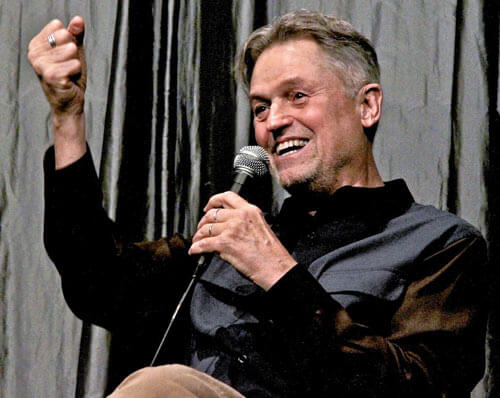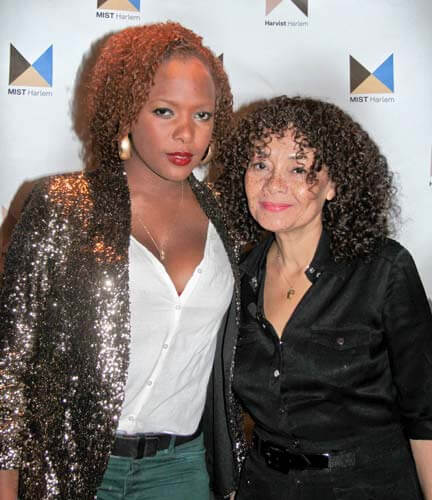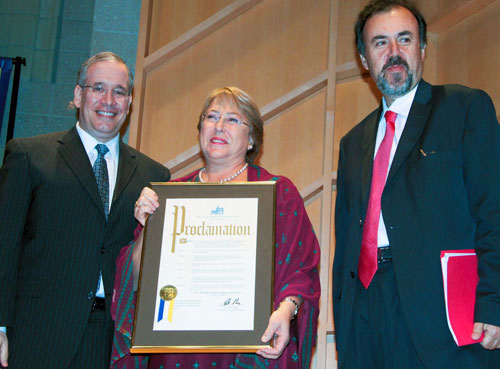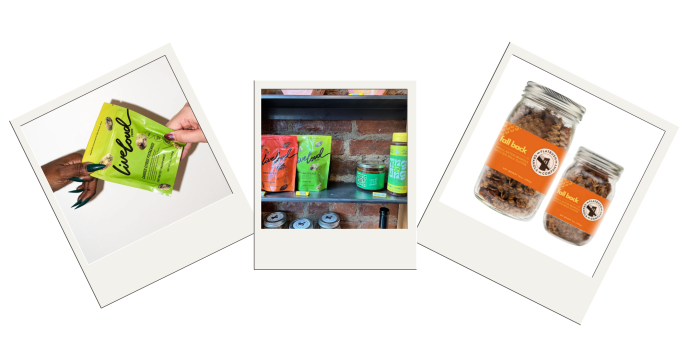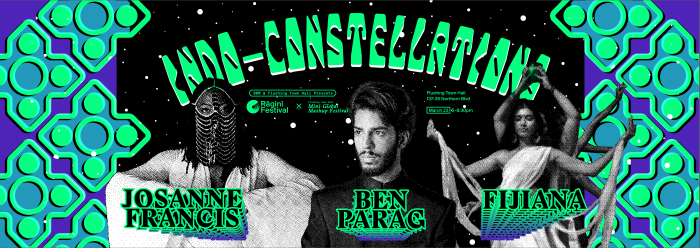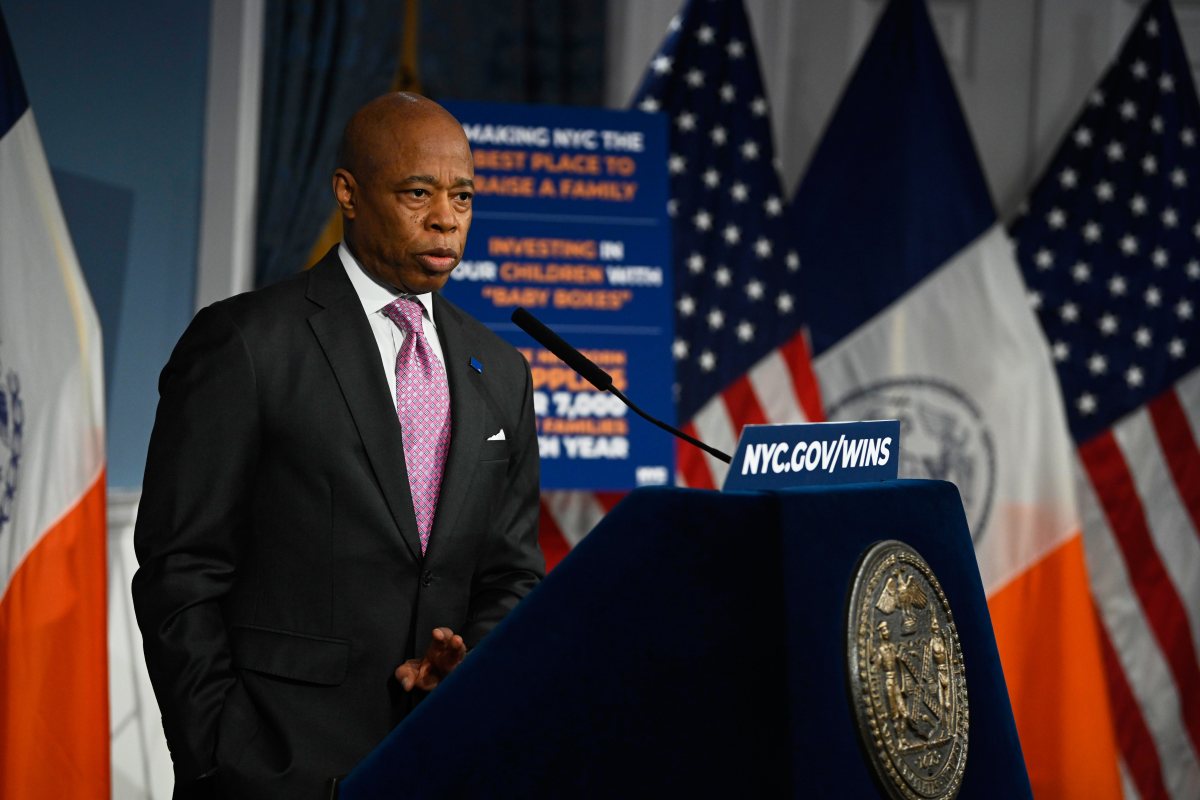Jonathan Demme has added a new documentary film, “I’m Caroline Parker: The Good, The Mad and The Beautiful,” to his filmography and it screened last week at the Doc NYC film festival in Manhattan.
Drawn, post-Katrina, by this feisty resident of the devastated Lower Ninth Ward and through many trips to New Orleans after the hurricane, Demme films Caroline through her daunting battle to save and reconstruct her damaged house and rebuild her life.
Unafraid to speak up at meetings with City Hall officials and other policy-makers and in front of Demme’s camera, Caroline is an articulate voice of the needs and frustration of a decimated community fighting to survive. She’s one tough lady who digs her heels in and struggles to overcome the obstacles of surrounding official neglect.
In addition to his well-known feature films “Silence of the Lambs” and “Philadelphia,” Demme is known for his documentary portraits “The Agronomist,” about slain Haitian radio journalist Jean Dominique, and “Jimmy Carter Man From Plains.”
Doc NYC also featured a series of panels, part of the 100+ festival films and events, including art of cinematography, art of editing, and taking on controversy, all geared toward filmmakers, film students and lovers of film.
In a special conversation session at Doc NYC, Demme shared his non-fiction experiences with New York magazine critic David Edelstein. Demme revealed how he was able to tie his work in New Orleans with the feature film “Rachel Getting Married” that he made during the time he was traveling and filming in New Orleans. He created a plot devise where the groom is from New Orleans. Demme brought to the filming, which was in New York State, people he met in New Orleans, non-actors, who added real spirit and authenticity to his fictional film. Intentionally, the film has a documentary sensibility.
Demme’s film is inspirational on an individual-will level, the power of one woman’s drive. Sara Terry’s documentary “Fambul Tok” is an awe-inspiring film on the community level related to social justice.
In post-war Sierra Leone, top officials were tried and sentenced for atrocities against the population. A blanket amnesty was given for all others, many who returned to their home villages where they often had perpetrated their brutalities. Villagers were living an uneasy “peace” with their war criminal neighbors.
Filmmaker Terry was present at the inception of “fambul tok” (literally, family talk) when human rights activist Sierra Leonean John Caulker devised this unprecedented grass-roots reconciliation program bringing perpetrators and victims face-to-face in truth-telling and forgiveness ceremonies.
This program emanates exclusively from the grassroots level. The villagers must whole-heartedly agree to participate and agree to forgive the perpetrator if he truly feels remorse and asks for forgiveness. This is a process that does not come easily, nor overnight and John Culker and his team’s devotion to the support to participants and facilitation of the process speaks to its success, astounding for the viewer. The DVD and book on this are available www.fambultok.com/. At Doc NYC, she fielded questions following the screening.
The festival’s many documentaries shed light on a great diversity of subject areas from urban and beyond, from New York to the global. This year’s success should insure a third edition, next year.
Thom Powers and his wife Raphaela Neihausen organized Doc NYC.
Thom could be called the guru of documentary films in New York City. He programs documentaries at the renowned Toronto Film Festival. For years, he’s been running (and now, along with his wife) a Tuesday night series at Greenwich Village’s IFC movie center called Stranger than Fiction. The series showcases new documentary films and screens some classics. Always, the filmmaker or someone connected to the film is present and the Q&A after the screening is followed by retreat to a local pub to continue the conversation. For info: stfdocs.com/

Photo by Tequila Minsky


